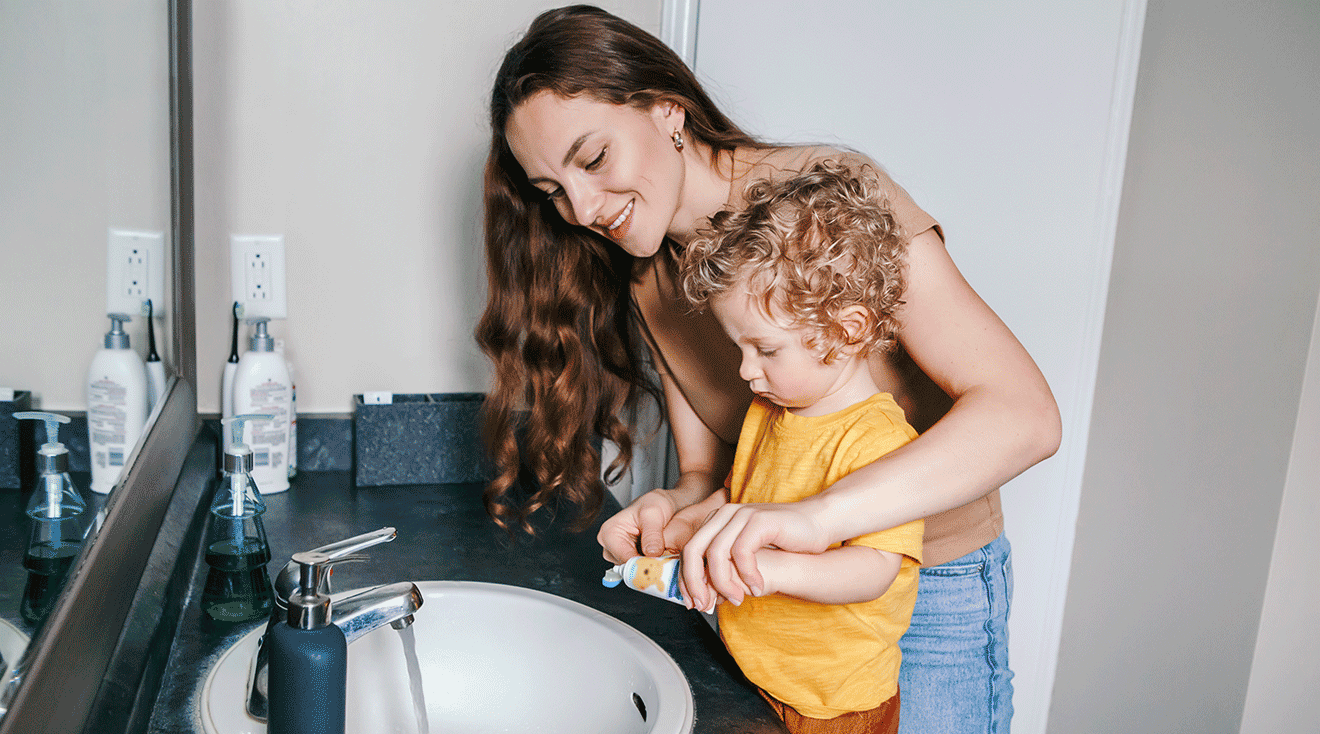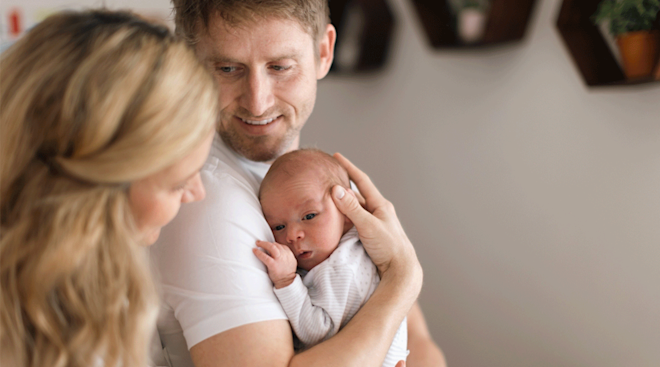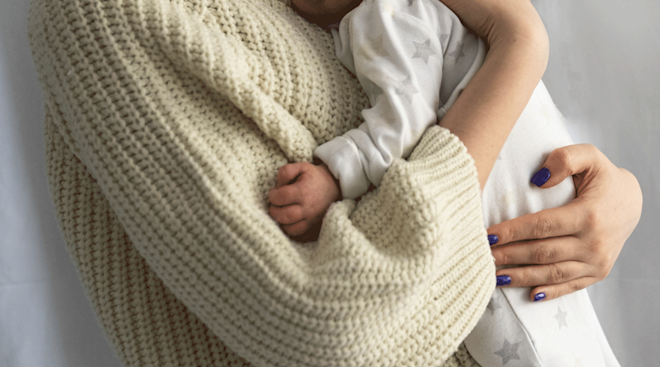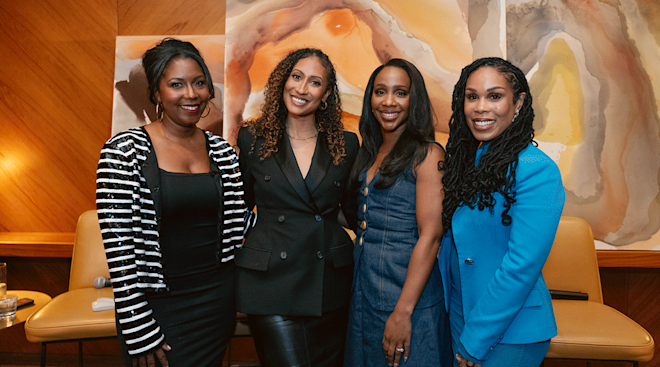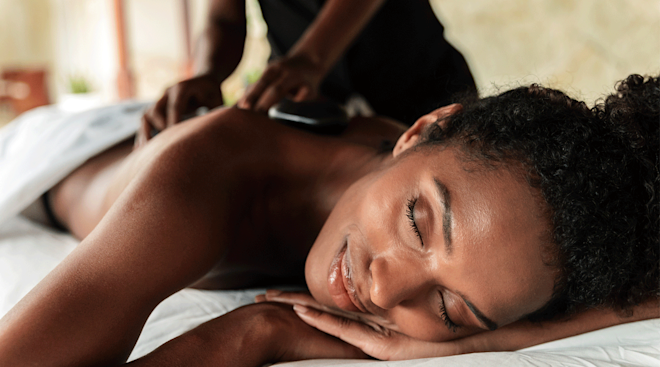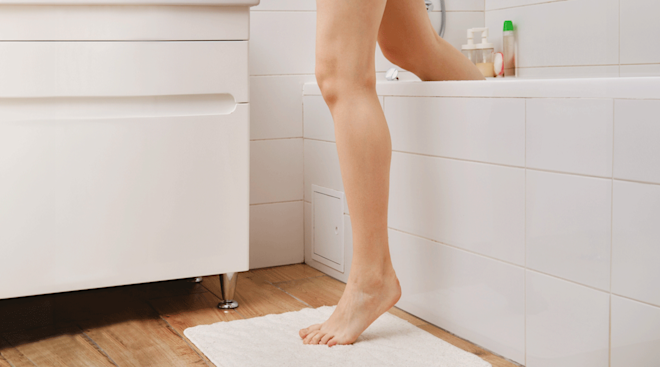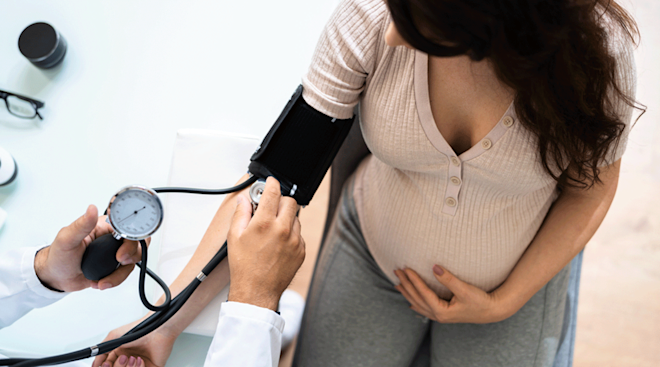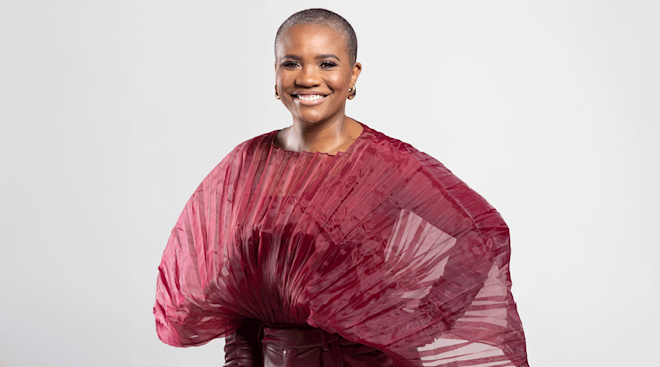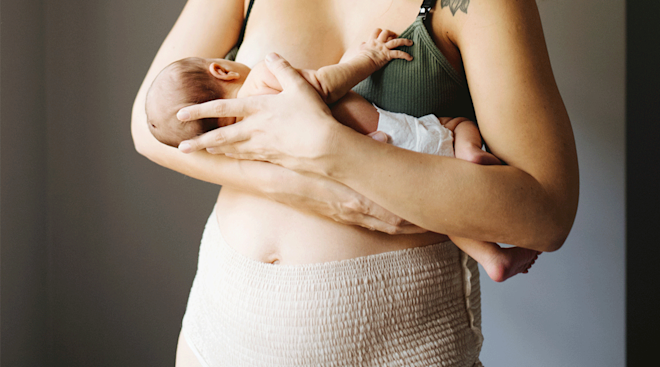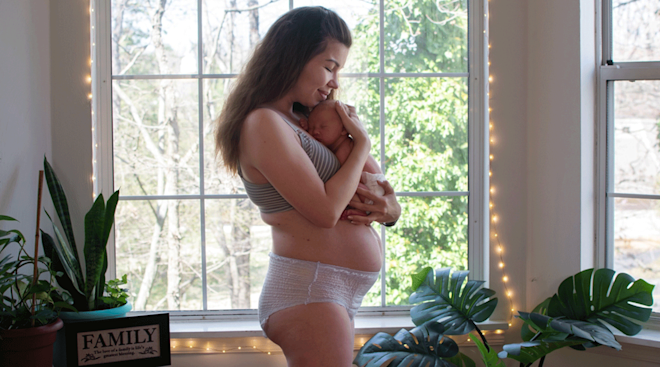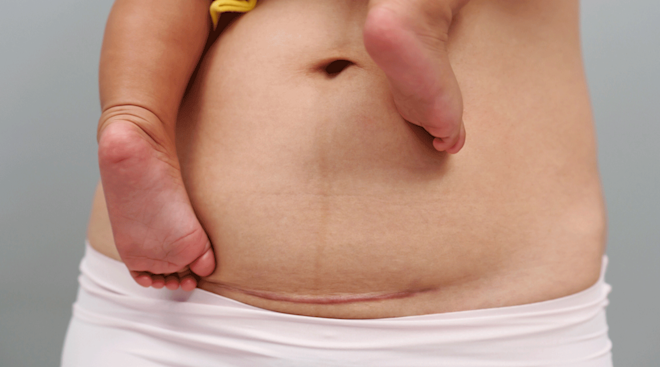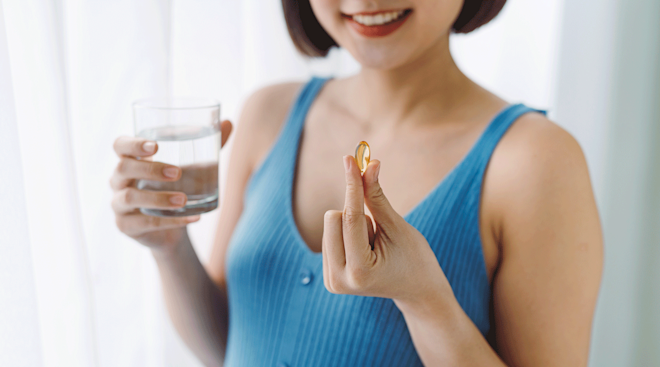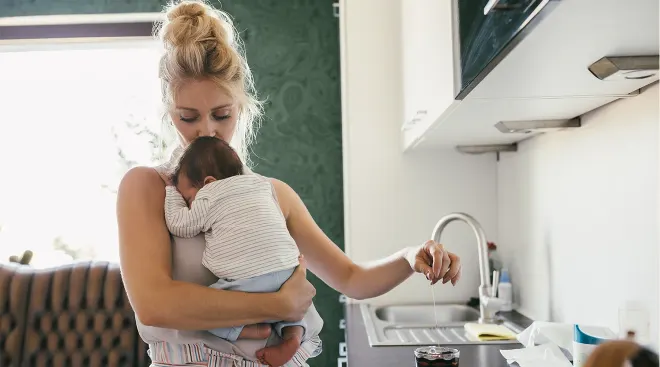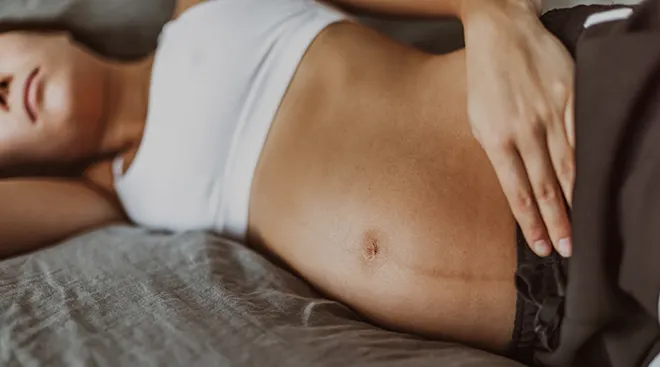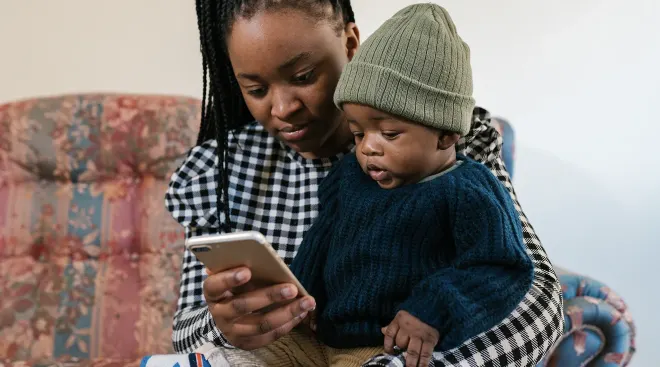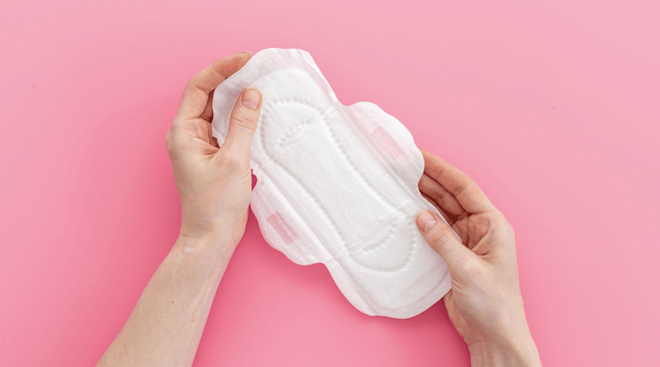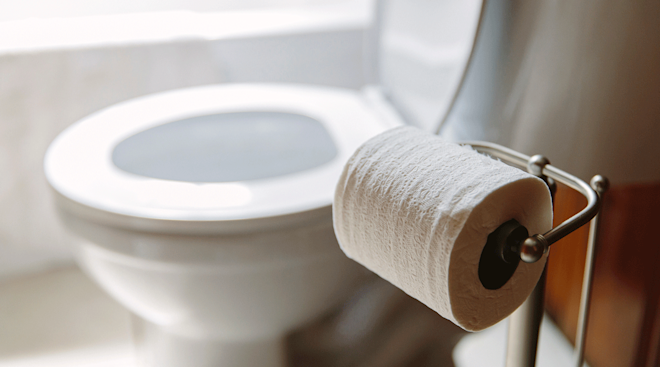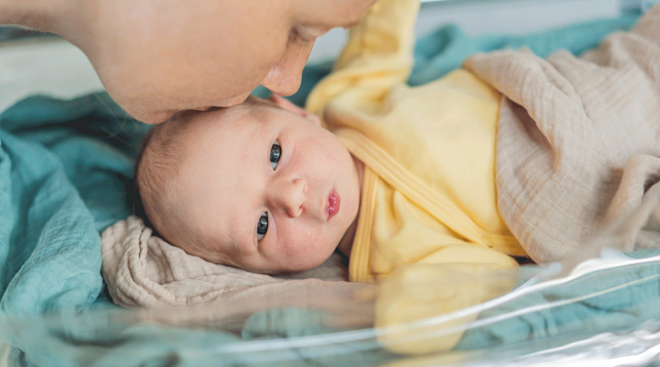Can Mom "Pass Cavities on" to Baby? Study Reveals Possible Connection
It’s no surprise that baby and mom are inextricably connected. Over the years, research has shown just how strong that biological connection is. It’s well known that moms pass antibodies on to their children, and recent research shows that babies make a lasting imprint on Mom, too, leaving pieces of their DNA behind within Mom for years to come.
All these discoveries have spurned deeper research into what Mom may pass on to baby during childbirth or those first formative years. The latest connection to be explored delves into Mom’s oral health, and its impact on baby’s early childhood tooth development and decay.
The study, published in the journal PLOS One, saw researchers taking oral samples from 160 mothers and their children from 2017 to 2020. Samples were collected over the course of eight visits, which were conducted during pregnancy, at the time of birth and then up to when the child turned 2 years old. The scientists sequenced the genomes of organisms in the samples to determine the presence of a specific cavity-promoting yeast known as Candida albicans.
While present in the mouths of many healthy babies, research has shown that higher levels of C. albicans may play a role in tooth decay in early childhood — a condition known as severe early childhood caries. In addition, the fungus can cause a mouth infection known as oral thrush.
Comparing the amount of C. albicans in the mouths of Moms and babies, the scientists determined there to be a strong link between mothers with dental plaque buildup and babies with C. albicans. The data suggests that mothers with a large accumulation of dental plaque are eight times more likely to pass the yeast to their infants than mothers with less plaque on their teeth.
Notably, 94 percent of the mothers and children with C. albicans in their mouths carried strains that were highly genetically related, suggesting that mothers play a role in transmitting the fungi to their children. While scientists are unsure if the yeast is passed from mom to baby, the study’s authors suggest babies may be exposed during delivery, skin-to-skin contact or while feeding.
Scientists note that more research is needed to pinpoint when to intervene specifically to prevent the onset of early childhood caries, but in the meantime, the study authors suggest that moms-to-be put more effort into maintaining better oral health. They also advocate for more education and emphasis to be placed on the importance of oral health during prenatal appointments.
Please note: The Bump and the materials and information it contains are not intended to, and do not constitute, medical or other health advice or diagnosis and should not be used as such. You should always consult with a qualified physician or health professional about your specific circumstances.
Navigate forward to interact with the calendar and select a date. Press the question mark key to get the keyboard shortcuts for changing dates.

































